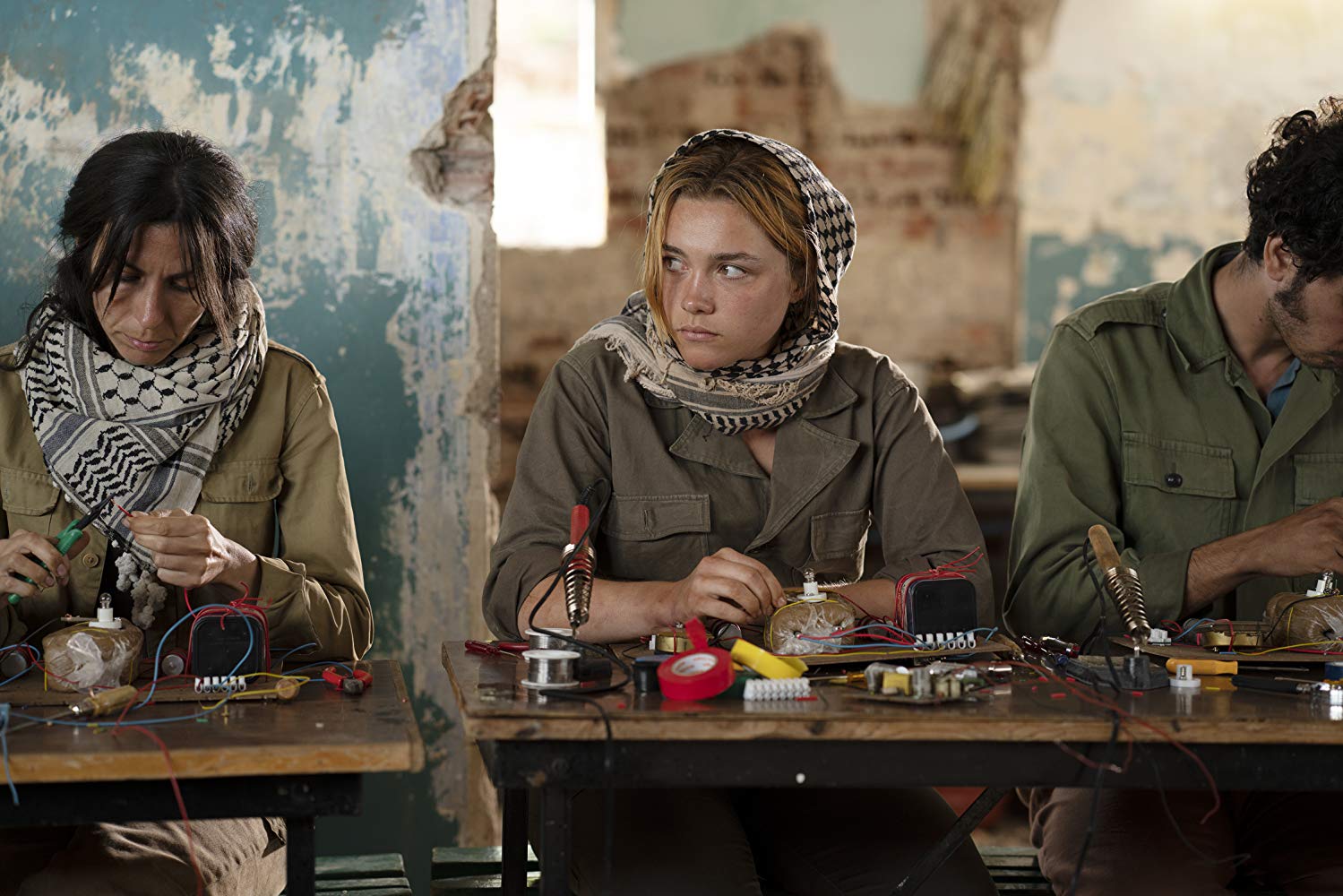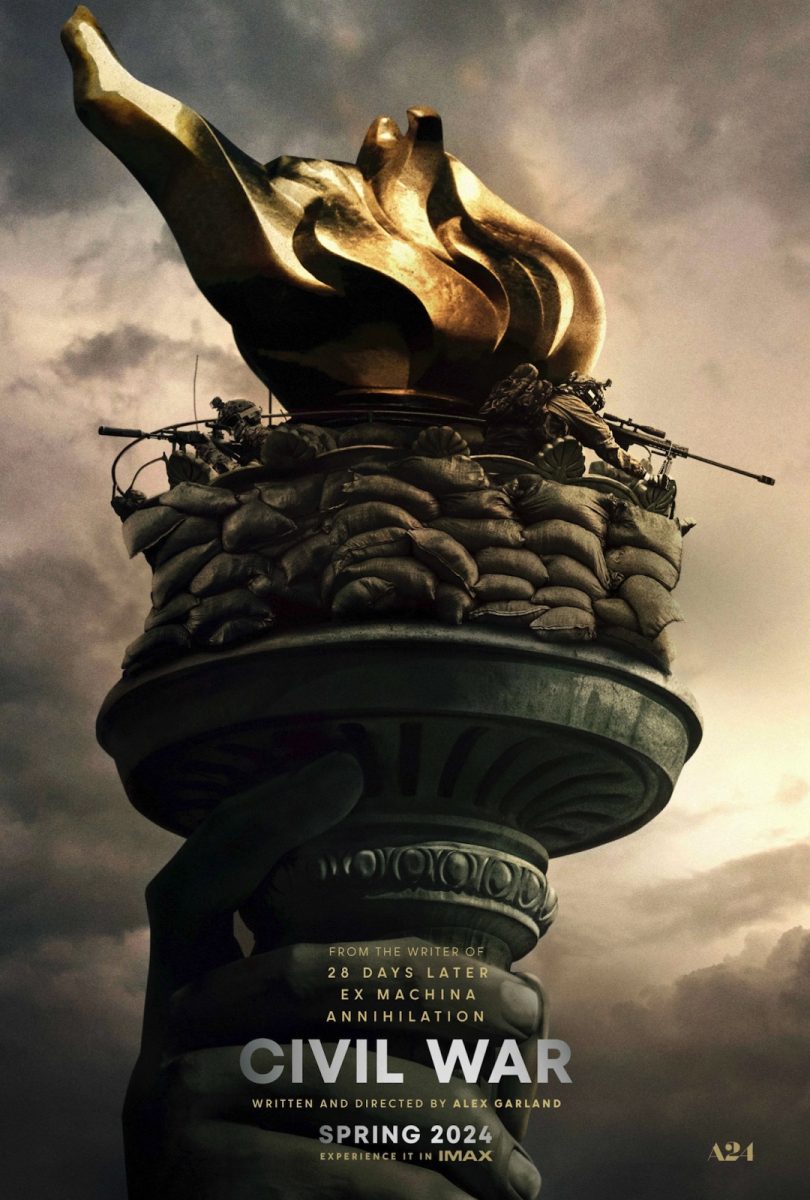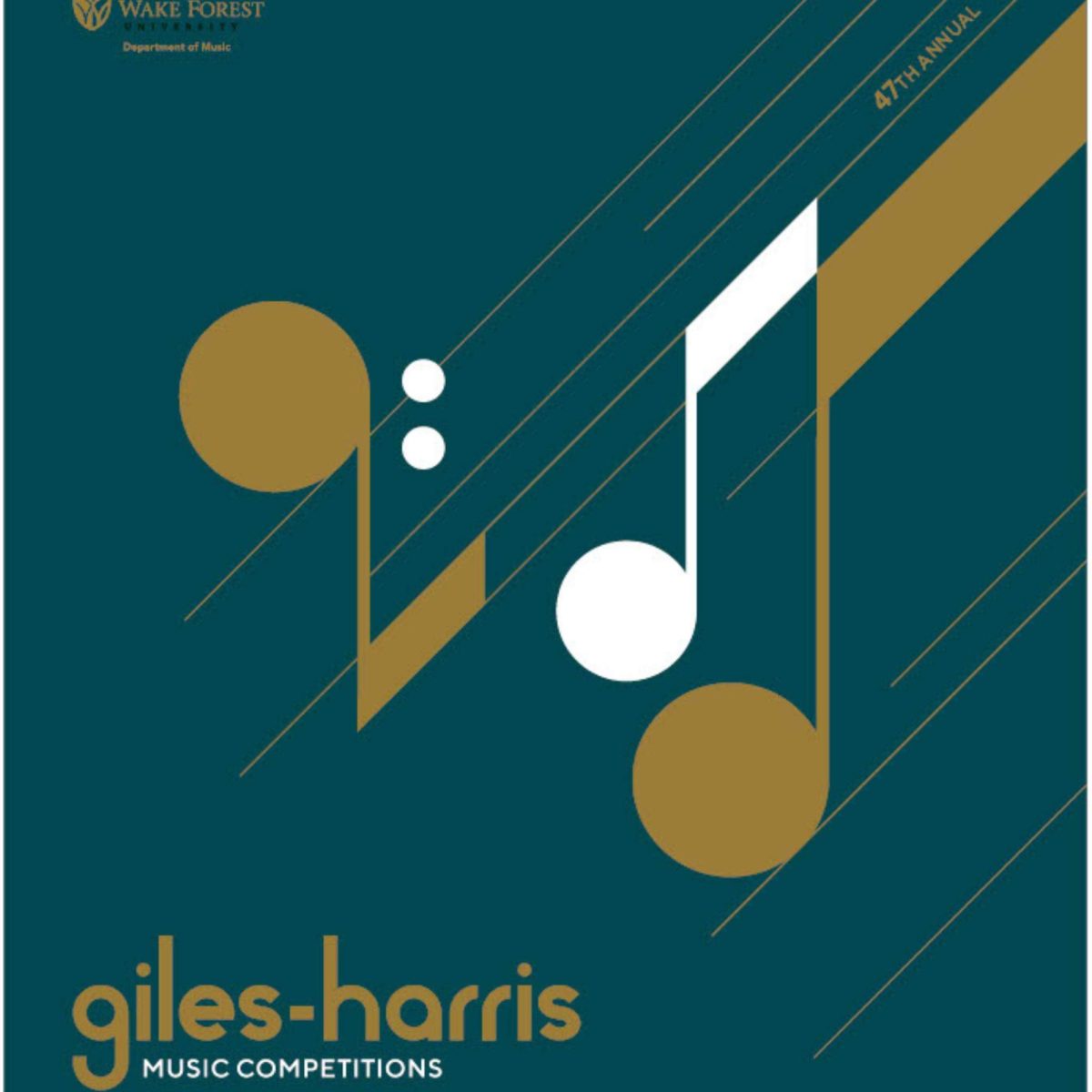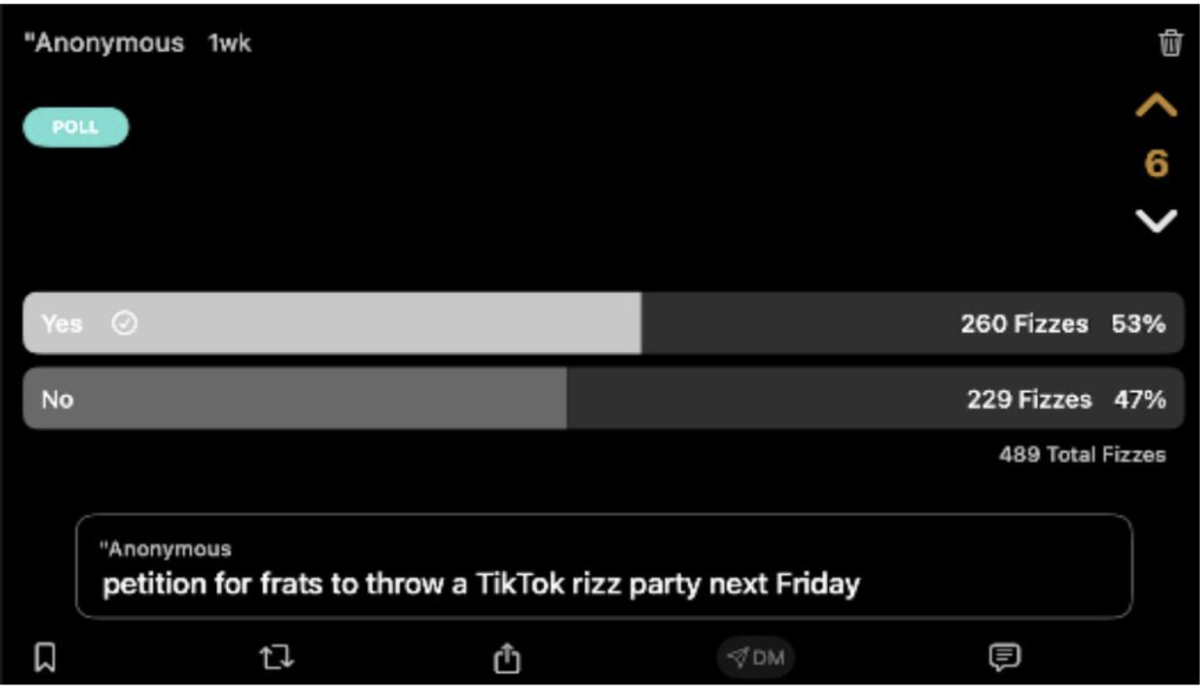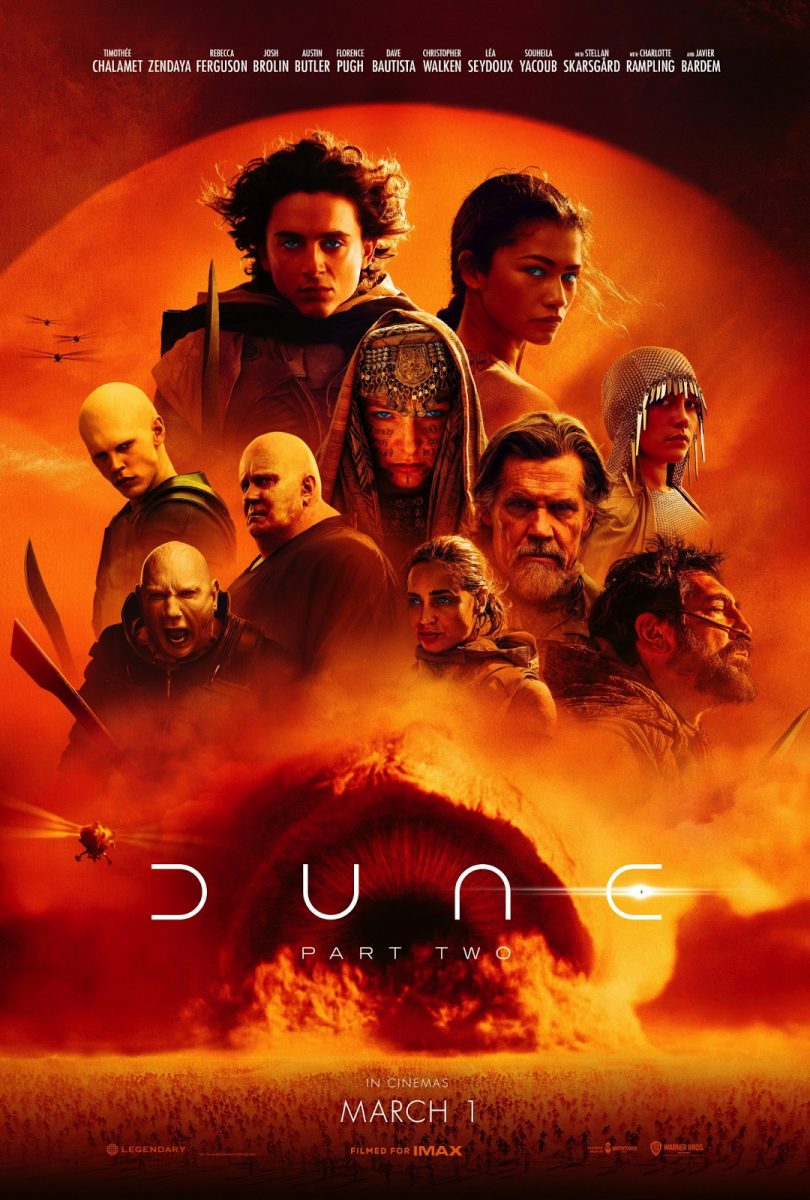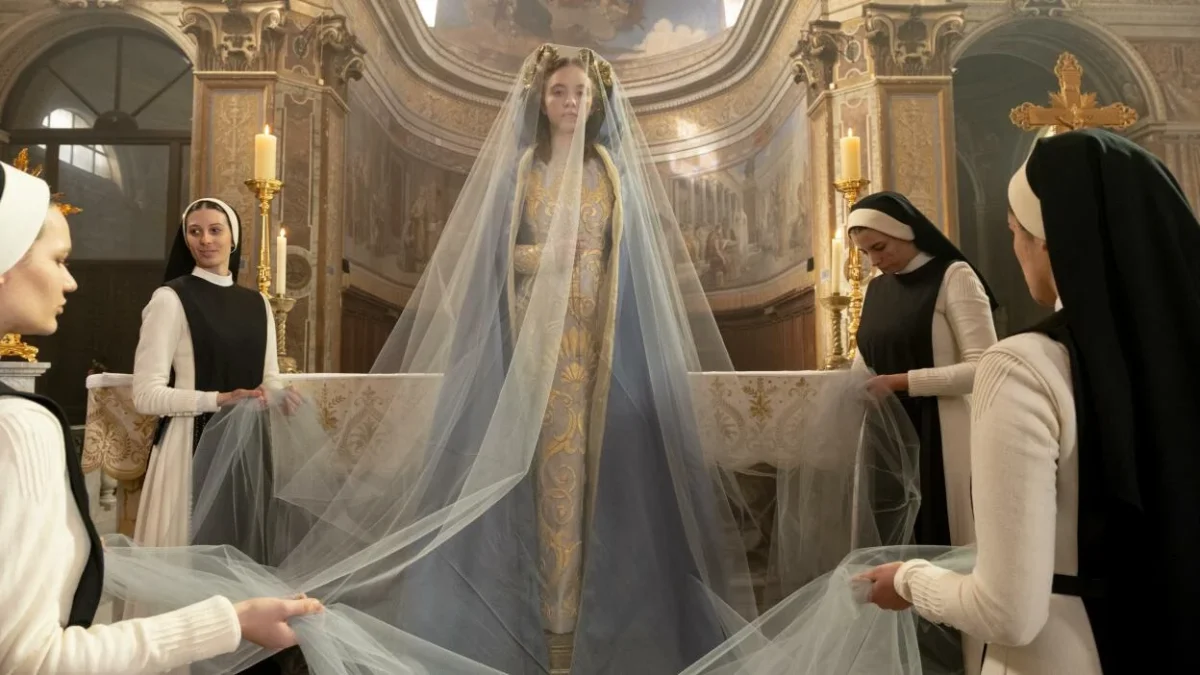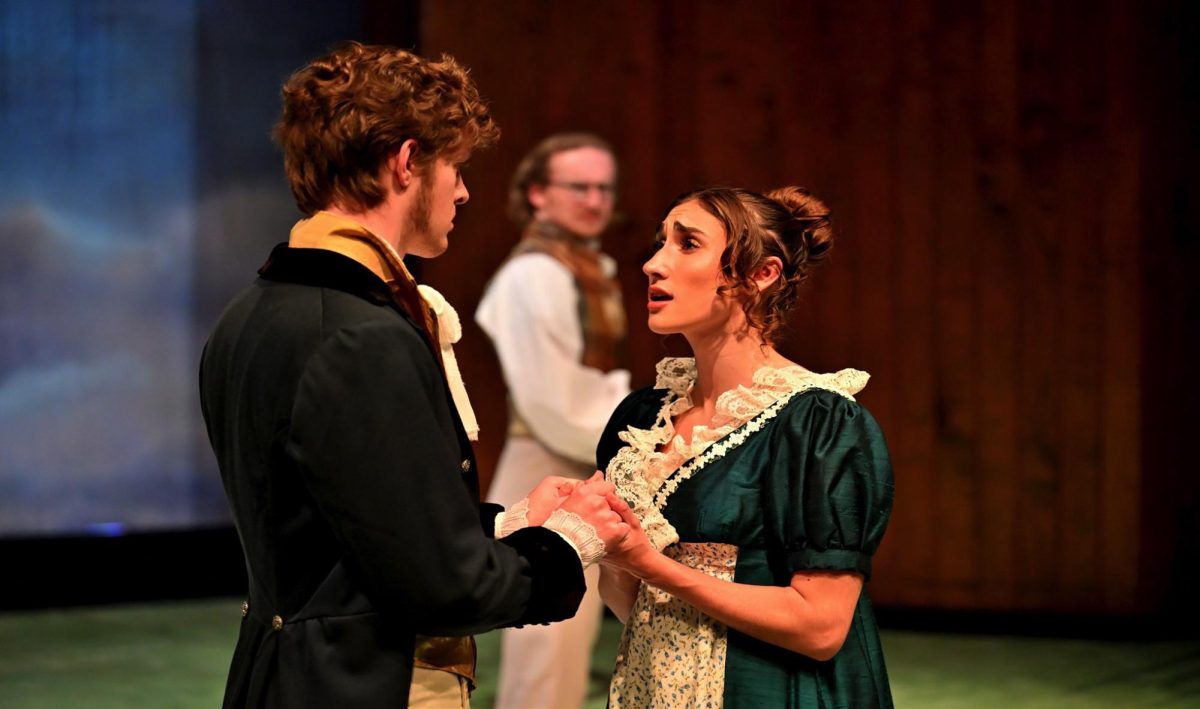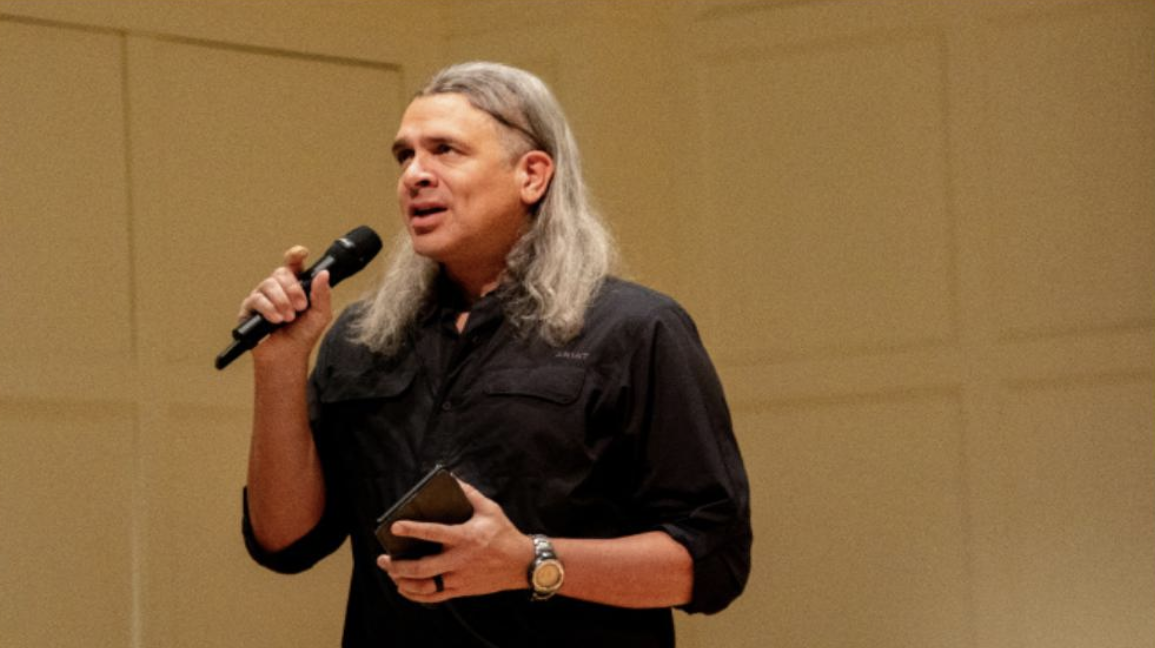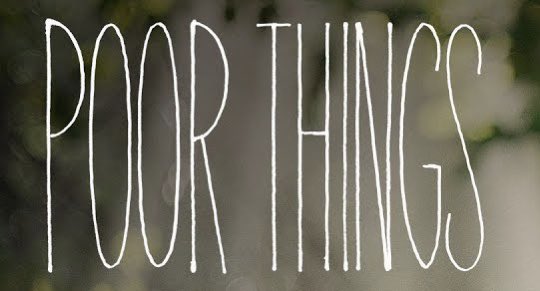The only words to describe The Little Drummer Girl in terms of public visibility would be criminally underseen. Its precious existence shimmers in the streaming sewage like hidden treasure, an invaluable antithesis to all pseudo-cinematic T.V. that cannot be overstated. Based on a John Le Carré novel, The Little Drummer Girl, a limited series streaming on Sundance Now (available through Amazon Prime) stars Florence Pugh, casting blinding starlight, Michael Shannon, lumbering with gravity, and Alexander Skarsgård, who not only inherited his old man’s cadence, but his subcutaneous emotional stoicism, too.
Directed with an immersive style by acclaimed Korean director Chan-Wook Park (Oldboy, Thirst), The Little Drummer Girl succeeds in creative match-making, pairing director and material in a love affair of detail, distraction and distortion. Convolution is germane to anything Le Carré, a dim, often kind confusion that The Little Drummer Girl uses to gently evade clarity, calling on all its intoxicating visuals and sustained restraint. The first episode alone envelops one in such abundant poetics that its coup, a scene on the Acropolis, seems as much a visual truffle as a pedagogical reminder: this medium can leave you breathless. Park really does make the entire limited series as smoky and smart visually as Le Carré does verbally, imbuing every shot with a creative fascination and layer-cake weight that augments our sense of investment, immersion and thickness.
The plot centers around Charlie (Florence Pugh), who is recruited by the Mossad for her radical politics and combative instincts to help defuse and deter Palestinian terrorism across Europe. Charlie is a stage actor, and to infiltrate the terrorist cell she must act a fiction of devotion to the anti-Zionist cause. Her recruiter, Martin Kurtz (Michael Shannon) is a self-proclaimed producer/director who puts all the pieces in play, always seeing a bigger picture up ahead. Shannon is more than a little reminiscent of Dustin Hoffman in Wag The Dog, romanticizing an insidious operation through bombastic insistence. The mission has a perilous edge mostly hidden from Charlie, and its goal posts mutate based on Martin’s deliberate, masterminded chaos. It’s all laissez-faire and ad hoc, yet not, as it clings to the universe of controlled ambiguity Le Carré is known for, and that Park carefully works to steep us in. The agent closest to Charlie, Gadi Becker (Skarsgård), a gigantic, alluring enigma, helps her weave an elaborate love-affair with a captured Palestinian (and, surprise, maybe himself) so Charlie can convincingly emulate radical devotion. The plot, needless to say, tangles and thickens, yet remains as fascinating as a faint and distant opera, inciting half-guilty exhilaration. Why half-guilty? Because one always feels vaguely ashamed by compelling confusion, something we see dancing delicately around us, yet still keeping us in thrall.

Photo courtesy of imdb.com
Pugh, the shape-shifting emotional fulcrum on which the entire series turns, gifts us with potentially her most complex performance (The show comes before Midsommar, Fighting With My Family, and Little Women,). She’s as turned-around and frustrated as we are, at times, but never empties herself into a passive puppet (for the characters to flick about or for the role itself to become disembodied dialogue); instead, she organizes a grab-bag of mixed emotions in a fierce and imaginative presence. Pugh slides along her character’s emotional spine, yet she drills every second with bare and urgent energy. Even if she doesn’t always understand the machinations herself, Pugh’s Charlie is a hidden symphony, pairing calculating confusion with an intrinsic, emotional momentum that weaves vivid realism in a room of smoke. The best the rest of the cast can hope to do is parry Pugh’s own force with a distinctive stroke. Luckily, Shannon’s in The Little Drummer Girl, and can do so with his character’s trenchant style and undignified resolve. In a performance heightened by Shannon’s physical talent (his lean frame and amused growl add notable dimension), the actor mainly draws blood through Marty’s rakish intelligence. Though the pace is set by Pugh, Shannon constantly probes her endurance with a wild focus, and the two make wonderful sparring partners.
“A night without sleep is a day without perception,” Marty says to Gadi. One needs to be well-rested to keep up with The Little Drummer Girl, if only to snatch at the visual riches and performative nuance living in it. With much love, the show confounds us, as Le Carré has always done, and slinks along as a moody, diligent piece of art. I wrote a few weeks ago about Chinatown’s pre-eminent place in the canon, even though the film remains opaque for most of its run time. The Little Drummer Girl isn’t quite that evasive, but the lesson still proves true. Some of the most impactful art reorganizes the category. An aesthetic, provocative achievement trumps linearity most days, and with Chan-Wook Park helming John Le Carré, together with a troupe of great actors, the achievement is as indelible as a kiss let tingle on the lips, a lover’s sweet universe trailing away into memory, forever.

